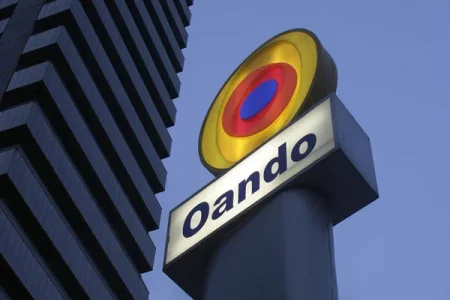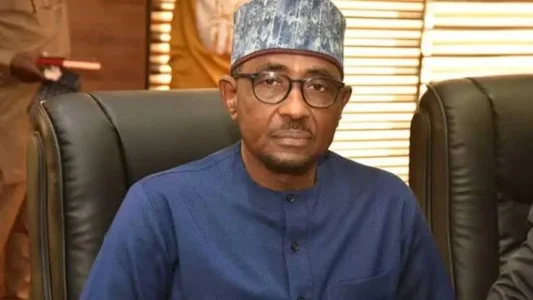 The Nigerian Upstream Petroleum Regulatory Commission (NUPRC) confirmed that the Oando-NAOC divestment followed the Petroleum Industry Act. NUPRC addressed concerns regarding transparency, emphasizing that both the Oando acquisition and the Equinor-Chappal transaction complied with established regulatory processes amid questions from former Vice President Atiku Abubakar.
The Nigerian Upstream Petroleum Regulatory Commission (NUPRC) confirmed that the Oando-NAOC divestment followed the Petroleum Industry Act. NUPRC addressed concerns regarding transparency, emphasizing that both the Oando acquisition and the Equinor-Chappal transaction complied with established regulatory processes amid questions from former Vice President Atiku Abubakar.The Nigerian Upstream Petroleum Regulatory Commission (NUPRC) has stated that the divestment agreement between Oando and the Nigerian Agip Oil Company (NAOC) was executed in line with the Petroleum Industry Act (PIA). This clarification addresses concerns regarding the transparency of recent divestments within the oil and gas sector.
In a statement issued on August 26 by Olaide Shonola, NUPRC’s head of public affairs, the commission sought to clarify the approval process related to the recent transaction. On August 22, Oando announced it had completed the acquisition of Eni's entire stake in NAOC for $783 million.
Former Vice President Atiku Abubakar questioned the speed at which Oando received approval, noting the company’s ties to the president’s nephew. He highlighted that other significant transactions, such as those involving Shell-Renaissance and ExxonMobil-Seplat, have experienced considerable delays.
In response, NUPRC emphasized that both the Oando-NAOC deal and the Equinor-Chappal transaction underwent thorough evaluations by the regulatory framework established by the PIA 2021. The commission assured the public that all approvals were granted following a meticulous review process.
NAOC had previously informed the NUPRC of its intent to divest, submitting relevant documentation to facilitate the approval process. Furthermore, the NUPRC indicated that the Seplat-Mobil deal is currently navigating the same rigorous approval process and is expected to be finalized within the 120 days mandated by the PIA.
This announcement aims to bolster confidence in Nigeria's oil and gas investment climate, ensuring compliance with established legal protocols for all transactions.




